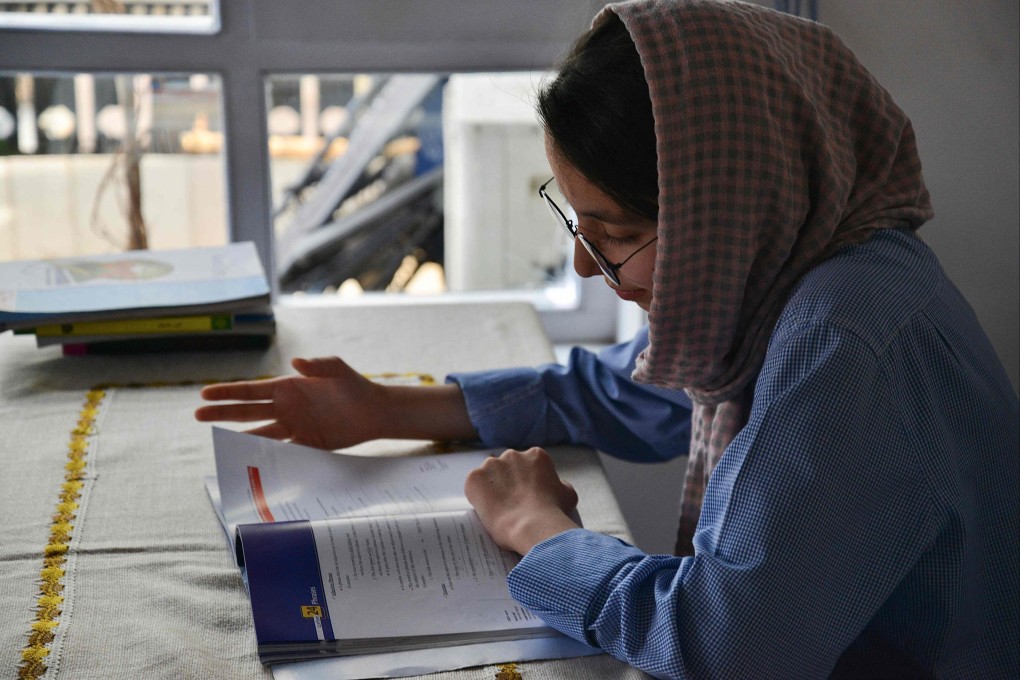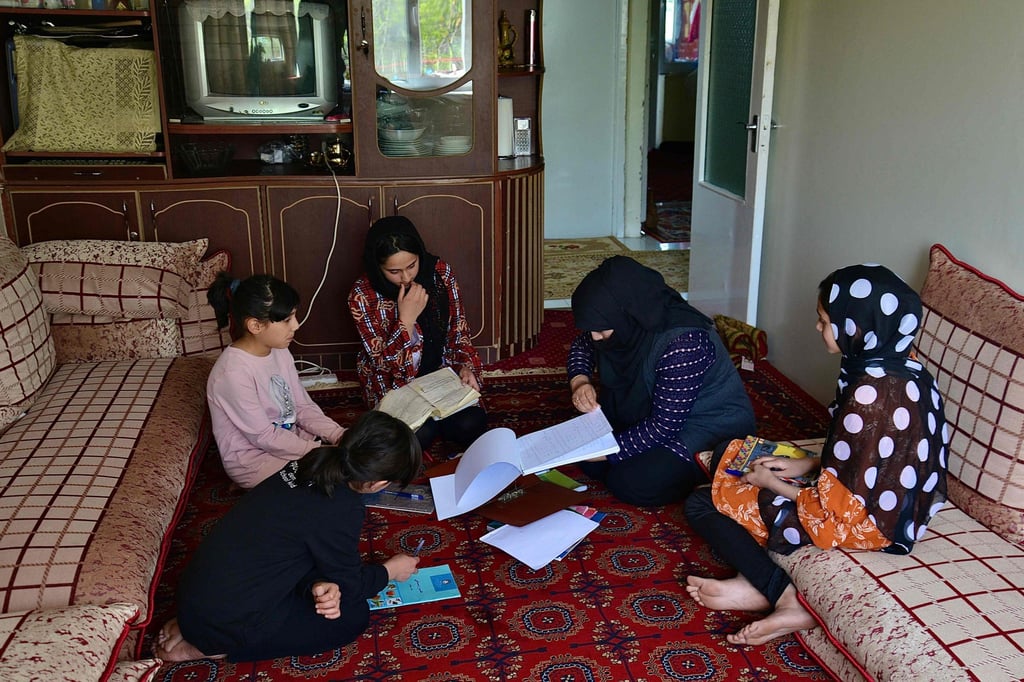Women ministers around the world urge Taliban to rethink heartbreaking U-turn on girls’ education
- Female foreign ministers from 16 countries are calling for the reversal of the recent decision to again deny Afghan girls access to secondary schools
- They said access to education is a human right, and ‘no country can afford to not take advantage of the potential and talent of its entire people’

Female foreign ministers from 16 countries said Friday they are “deeply disappointed” that Afghan girls are being denied access to secondary schools and called on the Taliban to reverse their decision.
Afghanistan’s Taliban rulers unexpectedly decided against reopening schools on Wednesday to girls above the sixth grade, reneging on a promise and opting to appease their hard-line base at the expense of further alienating the international community. So far, they have refused to explain the sudden decision.
“As women and as foreign ministers, we are deeply disappointed and concerned that girls in Afghanistan are being denied access to secondary schools this spring,” the foreign ministers of Albania, Andorra, Australia, Belgium, Bosnia, Canada, Estonia, Germany, Iceland, Kosovo, Malawi, Mongolia, New Zealand, Sweden, Tonga and Britain said in a joint statement.
They said the decision “is particularly disturbing as we repeatedly heard their commitments to open all schools for all children.”
“We call upon the Taliban to reverse their recent decision and to grant equal access to all levels of education, in all provinces of the country,” they added.

The world has been reluctant to officially recognise Afghanistan’s new rulers, concerned the Taliban would impose similar harsh measures and restrictions – particularly limiting women’s rights to education and work – as when they previously ruled the country in the late 1990s.